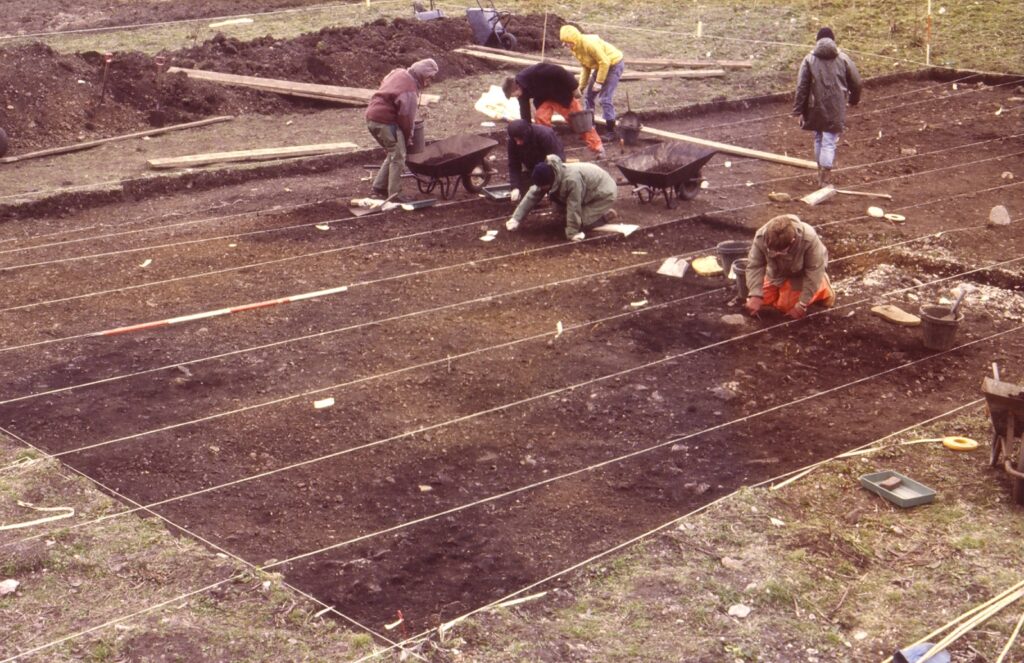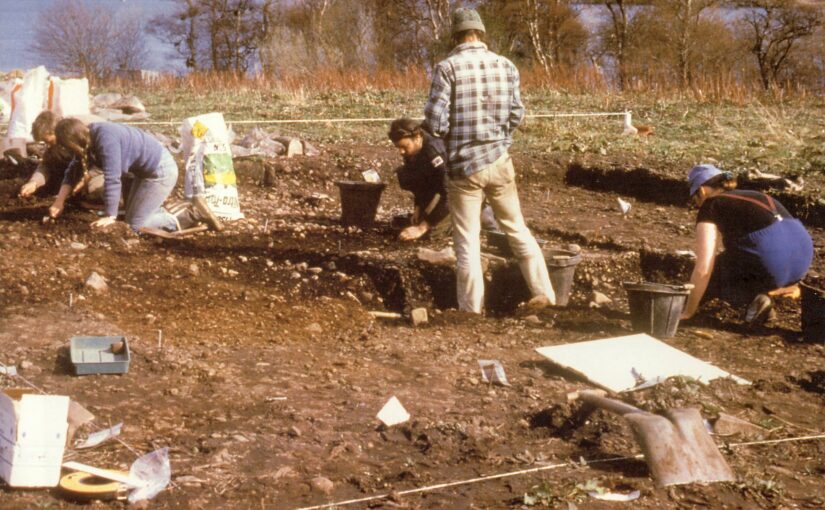The world of archaeology in the United Kingdom has been rocked this year by the announced closure of various university archaeology departments; some well publicised, some sneaking through with nary a comment. I felt a blog coming on about the loss of opportunity to put the past in perspective and consider the depth it provides to British society today. You do not have to take up a career in archaeology for a degree in the subject to be worthwhile. But then I was sidetracked by some rather ill-informed words in the Spectator about immigration and ‘the country’s original inhabitants’.

At first, I was just straightforward shocked. How could anyone think it ok to publish this sort of piece in 2021. Then I was annoyed by the inaccuracies in the excerpt I read (the piece was behind a paywall and I refuse to subscribe to read rubbish). Finally, I realised that the two ‘issues’ are linked.
Interpretation in archaeology is a changeable feast. Views that were once acceptable are refined and reconsidered in light of contemporary thinking. New information adds subtlety and events or attitudes are seen in new ways. There is no universal truth, no ‘right’ answer. Students of archaeology learn as much about how we study the past, as they do about what may, or may not, have gone on. They develop new ways of seeing the world around them. They think about people, places, and material culture in different ways. Horizons are expanded, actions seen differently, landscapes unpicked. A degree in archaeology is like a portal to another world. Many worlds, in fact.
But those worlds are rooted in carefully curated data and method. You learn to be flexible, you learn to change your mind, and you learn to be discerning.
Whether or not we need more archaeologists (perhaps a topic for another blog?), I fear that the reduction in opportunity for everyone to engage with the discipline is eroding the stability of society. Trite, ill-informed, words that stir the emotions are easy. Curiously, the authors rarely stay around to participate in any ensuing discussion. Whether you get your idea of the past from school, television, college, newspapers, or magazines it matters that it be based in contemporary wisdom. Of course, if we get rid of enough of those who study the past, or if we sideline their discipline, then contemporary wisdom can be flawed.
Right now, I feel we are at a cusp. We still value the role of the specialist in providing the building blocks on which we base our views of life. But, and I am not sure why, apart from a general feeling that it is often easier to ignore the sometimes inconvenient details, there seems to be a move towards poorly informed attitudes based on gut reactions related to possible outcomes. Perhaps we all feel more uncertain about the future in the emerging post-pandemic/globally warming world of ours. But no matter how strongly we wish to believe that we can continue our current lifestyles if we shut our eyes to the unviability of existing consumption levels, it just won’t work. We do need to engage with the science.
The same applies to the study of the past.
Well-informed archaeology (in terms of both data and technique), can be used to make sure that our assumptions about the present are rooted in reality. Whether I like an argument or not, we do it no favours if it is based on inaccurate information.
We might not always get the past we’d wish. We might not always welcome the present we deserve. You might not want to be an archaeologist. You might not care about what went on in the centuries and millennia before the twenty-first century. But to cut back on opportunities to learn about and study the discipline of archaeology is always going to be shortsighted.

You must be logged in to post a comment.